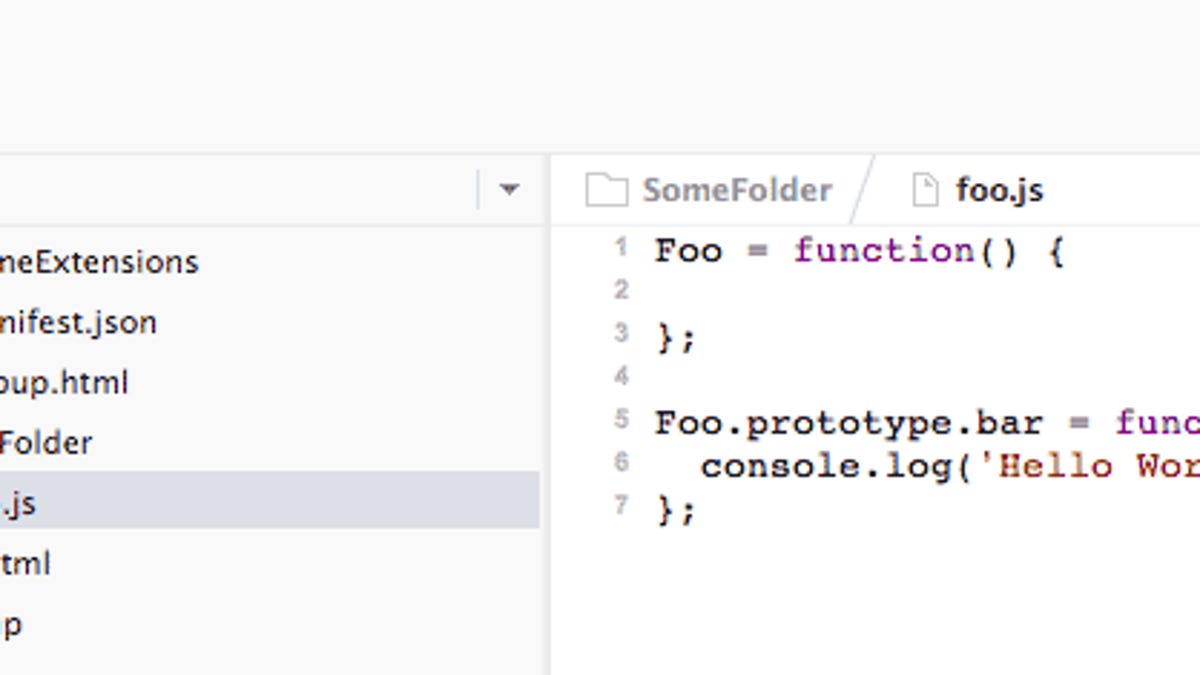Google scraps -- and shares -- Web-based collab coding tool
Collide, which lets multiple programmers tap into a software development project, is open-source software now that Google has cast it off. One project member hopes it'll inspire related projects.

With an open-source project called Collide, Google has released remnants of a tool that brings a collaborative, browser-based interface to programming.
The software runs on a server, letting multiple programmers tap into a project at the same time. It's similar to how Google Docs lets members of a group simultaneously edit the same document and thus a new example of the cloud-computing approach to software that Google advocates so fervently.
But apparently Google wasn't so fervent about Collide, because the two programmers who announced it, Scott Blum and Jaime Yap, said it's actually an ex-Google Project now.
"After nearly seven years, Google decided to shut down its Atlanta engineering efforts," Blub said, and he's moving to a new job as a result. During his his last year at Google, he said, "many of us in Atlanta worked on a project that was ultimately cancelled, concurrent with the office shutdown," he said, but "we were able to liberate portions of our last year of work as a new open-source project."
Collide, short for collaborative IDE (integrated development environment), is accessed with a browser, but it's not generally available as an online tool right now. Instead, people who want to use it run it locally on their own computers. Microsoft programmer Mohamed Mansour hosted a version of Collide online.
Yap said he hopes releasing some of the Collide project as open-source software will give it a new lease on life outside Google or lead to improvements at other online development tools. "This is a small slice of useful functionality that we hope can serve as a catalyst for realizing what our original intentions were with our project," Yap said.
Examples of related projects that could take inspiration include Adobe Systems' Brackets, the new eXo Cloud IDE, the Ajax.org Cloud9 Editor (ACE), and the Accel Partners-funded start-up Cloud9 IDE, which also offers collaboration features and which uses ACE.
What could these other projects learn from Collide? For one thing, a better approach to group-programming processes, and for another, speed, Yap said.
"There are some pretty gnarly ideas around code review and version control workflows floating around (not enabled) in some of the client code in Collide that we hope will see the light of day soon. There are some pretty crazy things you can do with a hosted development environment," Yap said. "Also, the specific client implementations of the file tree and code editor we released are quite performant. Your development environment shouldn't be janky!"

